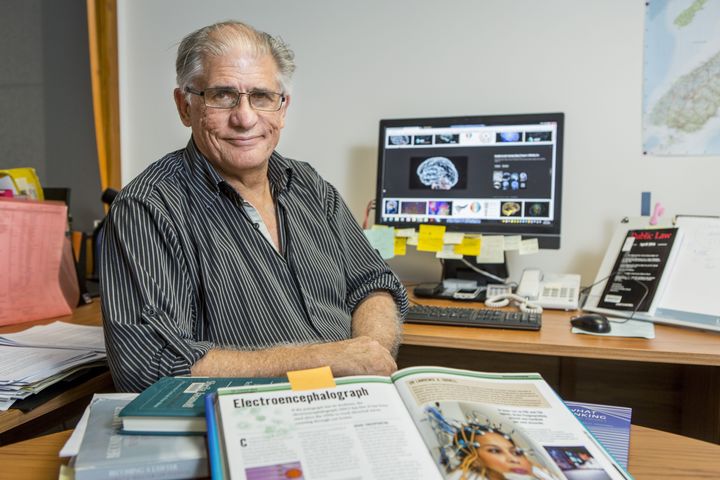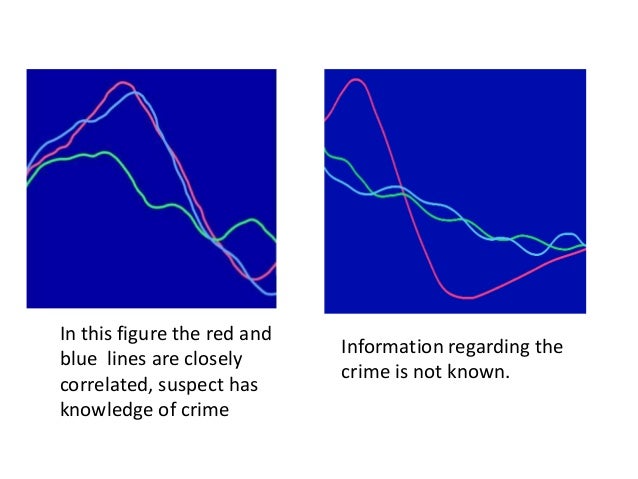Guilt or innocence will soon be determined by brain wave technology, a New Zealand professor says.
Learn the key vocab here:
17 terms
Listen:
Brain fingerprinting
Guide questions:
1. Where has the technology actually been used in the Justice System?
2. What makes it different from a lie detector?
3. What can brainwaves show about you?
4. Which advantages are mentioned:
A) to convict suspects without trial
B) eliminating suspects at an early stage of investigation
C) verification of the truth after conviction
5. How accurate is the technology?
6. What equipment is involved?
Language:
forensic
high profile
to determine
lack thereof
EEG
a peak
flatline
the suspect
conviction
crucial
conclusively
to look into
verification
foolproof
on the ground
potential
skeptical
polygraph
expertise
validity
a test case
Discuss:
Should this technology be introduced into the justice system?
Extension exercise:
Brain fingerprinting, crime solving potential for New Zealand

“Brain fingerprinting”, could add a revolutionary new dimension to criminal investigations in New Zealand, a NZ Law Foundation-backed research project led by Professor Robin Palmer (pictured) and Associate Professor Debra Wilson of the University of Canterbury has found. Photo: Supplied
Insert the words in the gaps:
flat line headband knowledge crucial so far
dimension forensic nothing to do with ground-breaking
not be long before also known as high-profile determining
University of Canterbury academics are investigating the 1)_________ potential of brain scanning technology, 2)__________ 'brain-fingerprinting'.
The technology has already been used in a number of 3)__________ court cases in the US to help determine guilt or innocence and scientists here think it could have the potential to add a revolutionary new 4)_____________ to criminal investigations.
The project, led by Robin Palmer from the University of Canterbury, said it was not a lie-detector but a way of finding out if the person knew something or not.
"It's basically a method of 5)_________ whether somebody has certain information in their brain.
"If you know something about something it will show as a sort of peak brainwave. If you don't know something about an item it will come as a sort of 6)__________."
He said the technology, which consisted of a 7)__________ and a programmed laptop computer, could have major advantages in criminal investigations.
"If you've got 10 suspects you can then test the subjects on their 8)____________ of key areas of the crime that only the suspect would know."
Professor Palmer said investigators would then be able to focus only on those who showed they knew about key aspects of the crime.
The technology has already been used post-conviction where people insisted they had 9)___________ a crime.
"[And] it has been used to prove they had 10)________ knowledge of what happened at the time, or not, he said.
Professor Palmer said results 11)__________ had been very positive, showing a 99.9 percent success rate.
"Nobody ever reports 100 percent ... that is very high.
The research has been sponsored by the New Zealand Law Foundation.
Its executive director, Lynda Hagen, said the foundation was pleased to have supported the 12)___________ research.
The University of Canterbury-based project team also worked with the New Zealand Police and Corrections Services.
Canterbury Police District Commander Superintendent John Price said his officers found participation in the project “a very valuable experience”.
Professor Palmer said the technology has "very exciting potential" and it would 13)_________ it could be used in New Zealand courts.

No comments:
Post a Comment